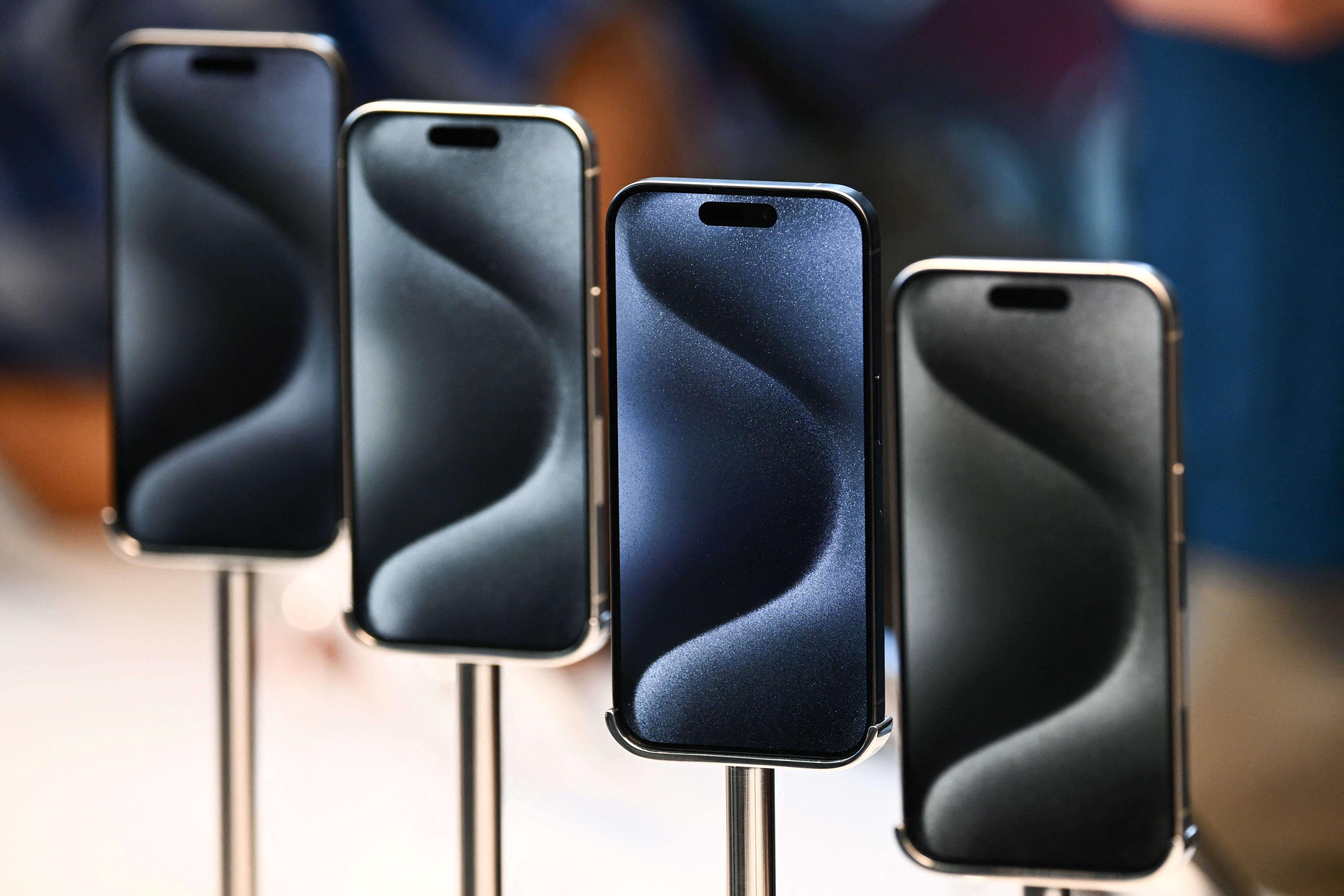iOS 17.3: New iPhone update includes new tool to protect users from clever theft

Apple has released iOS 17.3, a new iPhone update that brings a fix for a clever and dangerous kind of theft.
In recent months, there have been increasing reports of thieves watching people enter their iPhone passcode and then stealing their iPhone. The passcode offers widespread access to the phone – including the ability to change the password on its owner’s iCloud account.
Once that is done, the hacker has access to the iPhone owner’s entire digital life, including being able to see any other passwords and use their payments. Since the password has been changed, there is no way for the iPhone’s owner to get those accounts or their phone back.
Now, however, Apple has introduced a new feature called “Stolen Device Protection”. That is intended to stop that attack being used, by making it harder for thieves to use the passcode to take over people’s digital lives.
It does so by requiring people to use Face ID or Touch ID to make certain changes on the phone, such as seeing passwords or credit cards. That cannot be unlocked any other way – such as with the passcode or even the phone’s passwords – in an attempt to ensure that it can only be done by the actual person.
Other actions include even more security. To change the password on the owner’s Apple ID, for instance, users must wait for an extra hour and then verify their face once again.
The security delay is intended to give people enough time to mark their device as lost and secure their account. People who have had their phone stolen will obviously not be able to access Find My to activate the lost features – but it can be done through another device that is logged in, or through someone else’s phone.
If the phone is in a known location – such as a person’s home or work – then those features will not activate. Users can just use their passcode as normal.
The feature must be turned on manually. That is done by heading to Settings, choosing Face ID and Passcode, and then clicking the option to turn the feature on or off.
Certain settings, such as the location services option to track significant locations, must also be switched on for it to work. It should also be turned off when a phone is sold or given away, Apple advises.
iOS 17.3 also brings a range of other features, including collaborative Apple Music playlists, and the option for hotels to offer AirPlay. It can be downloaded from the Settings app.
Join our commenting forum
Join thought-provoking conversations, follow other Independent readers and see their replies
Comments
Bookmark popover
Removed from bookmarks